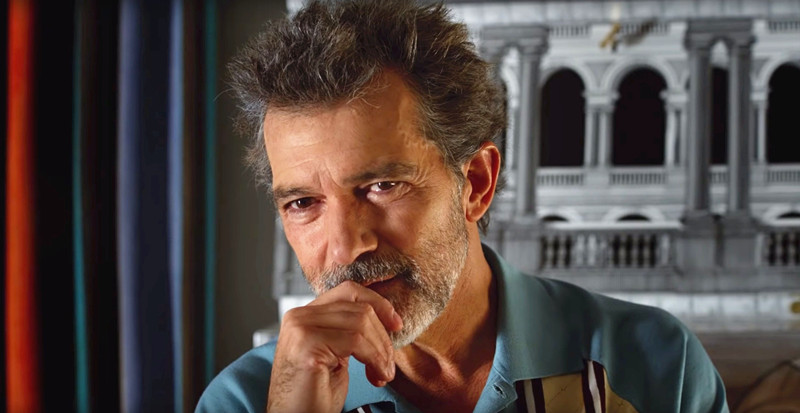
European cinematography never fails to surprise and 2019 was a good year with powerful stories about life, love and family relationships.
While some of these films offer new perspectives on everyday issues of our times, others revisit the past, its consequences and offer the chance to discover forgotten times or unknown places. The diversity of these films is not limited to the plot and is also visible in the cinematographic techniques used by the directors.
Original and creative, the films of 2019 showed the mastery of great and well-known directors like Almodovar and Céline Sciamma and the skill and amazing potential of young directors like Brian Welsh and Steven Wouterlood. The performances in all the films were great and prove that a new generation of amazing young actors and actresses is emerging on the old continent.
Other than strong performances, these films also share another essential element of great films: they do not end with the credits, but remain in your memory. They all manage to do that because they capture the purity of emotions and the complexity of life. Though not necessarily focusing on extraordinary characters or circumstances, they show the extraordinary power of humanity.
Most of these movies have already been awarded at European film festivals and two of them (Les Misérables and Pain and Glory) are also nominated for the Academy Award for Best International Feature Film.
Enjoy your journey through the beauty and magic of European films!
10. Seventeen
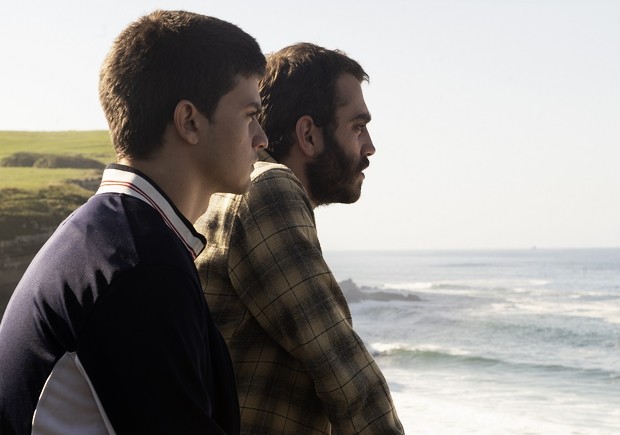
Seventeen, directed and written by Daniel Sánchez Arévalo is a Spanish film about family relationships, set in the beautiful landscapes of northern Spain’s region, Cantabria.
The plot follows a troubled teenager, Hector (Biel Montoro), who escapes a juvenile detention centre to fulfil his grandmother’s last wish and at the same time to find a dog he had become attached to. Hector escapes the detention centre a few days before his eighteenth birthday, the age of legal responsibility in Spain, and convinces his older and more responsible brother, Ismael, to join him in his journey. The relationship between the two brothers is troubled, followed by trauma and lack of trust, but is at the same time kept strong by the same traumatized past they share.
The film’s story develops naturally, with occasional cliches, but this can be easily forgiven by the way the director alternates humour and emotional moments.
If there is one word that could describe the message of Seventeen, it would be humanity. It is not a flawless film, but so are the characters, insecure at times, stubborn and impulsive. In the end, Seventeen is a beautiful story, beautifully said.
9. The Golden Glove
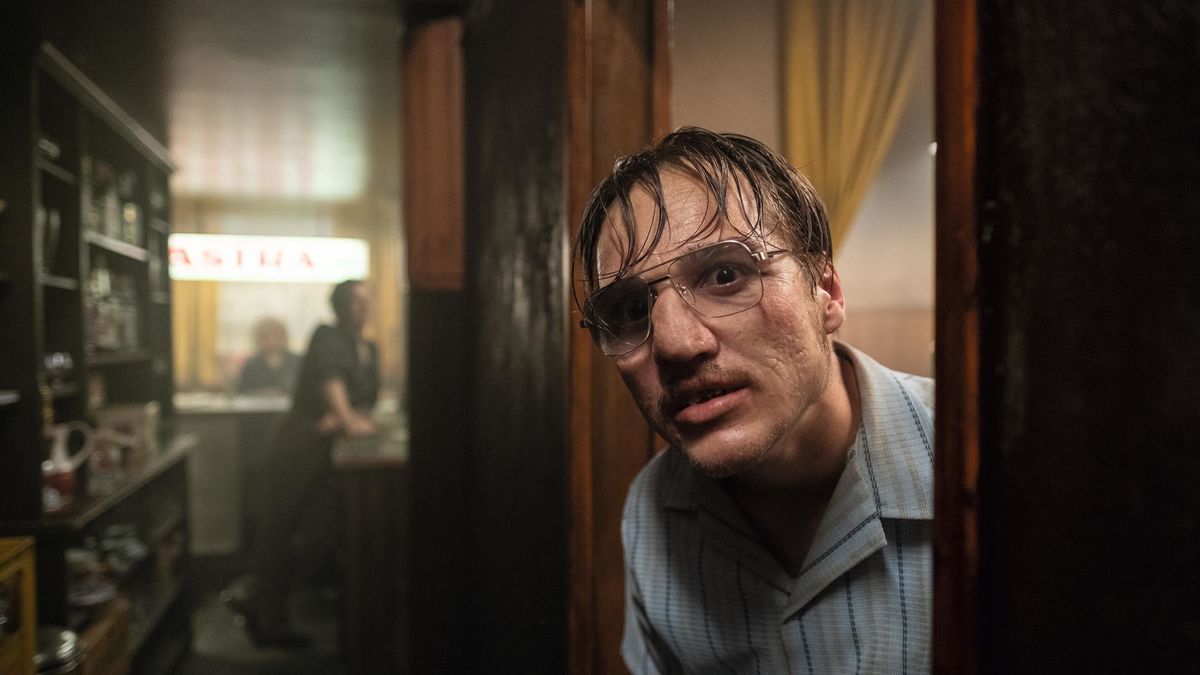
Based on the real story of serial killer Fritz Honka, The Golden Glove is a brutal, explicit horror film of German director Fatih Akin.
The film does not rely much on suspense, suggestion or the imagination of the audience to depict the story of one of Germany’s most brutal serial killers. Fritz Honka murdered four prostitutes in Frankfurt in the 1970s with brutal violence, inducing a state of fear in the city. Akin’s film tells the story plainly, without much emphasis on the background of the victims, the authorities trying to catch Honka or Honka himself.
The Golden Glove is simply focusing on the gruesome facts that made the protagonist of the movie famous: his violent way of killing his victims. It is brutal, violent, even sick and definitely not a story trying to offer a justification for Honka’s murders or a deeper context for the events. At the same time, it is one of most authentic serial killer films, with horrifying scenes and real scares. The performance of Jonas Dassler, the actor who plays Fritz Honka, is amazing and the setting is well-built, with typical German songs and drunk people in smoky bars.
The fact that it does not try to find or show psychological explanations for the brutality of Fritz Honka is irrelevant for Akin’s film. The film is not a documentary and it is not for the faint-hearted. It is a story about the disturbed minds of our society and about the grotesque. In this respect, The Golden Glove certainly delivers the great fright Honka’s name should bring.
8. My Extraordinary Summer With Tess
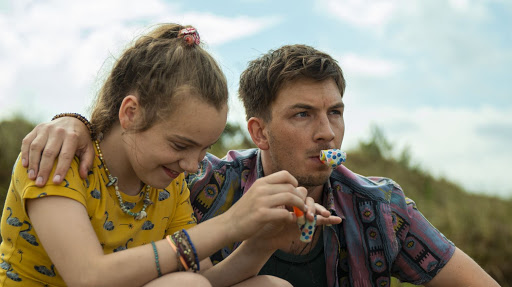
An adaptation of the book with the same title written by Anna Woltz, My Extraordinary Summer With Tess is a coming-of-age Dutch film directed by Steven Wouterlood.
It is a story about childhood, innocence and the fear of loneliness and death, beautifully told through the perspective of Sam, a ten-year-old boy who is on vacation with his family on a Dutch island.
As the youngest member of his family, Sam is frightened by the thought that his family will die and that he will remain alone. He soon meets Tess, an adventurous, energetic and brave girl, who has a different perspective on life. Tess, raised by her funny, feminist mother, wants to meet her biological father and together with Sam embarks on a series of adventures. As the two explore their childhood fears, desires and anxieties during their holiday, Sam learns that life is not about anticipating the worst, but about conquering the present.
My Extrordinary Summer With Tess could have easily turned into a cheesy, motivational film, but through the careful eye of director Steven Wouterlood, it becomes a sincere story about youth, friendship and existential questions. It is a film with a fresh vibe and beautiful scenes, at times contemplative and deep, nonetheless always entertaining and surprising.
7. Queen of Hearts
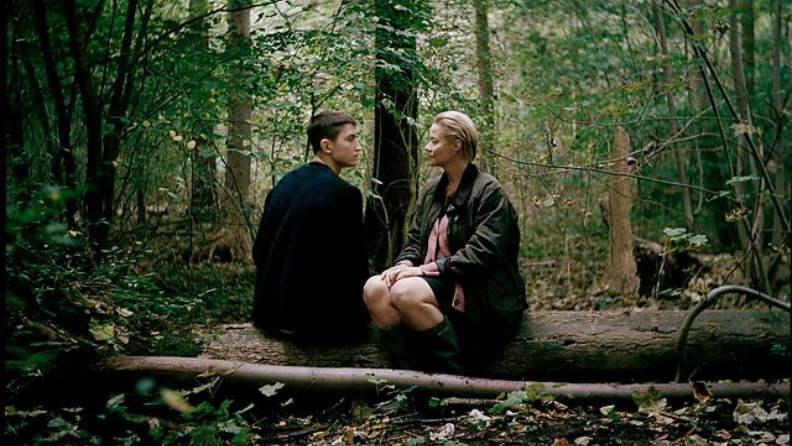
Queen of Hearts is a Danish drama about the erotic relationship between a woman and her stepson and the dangerous implications that derive from their affair. The film is directed by May el-Toukhy, a female director, and brings a fresh perspective on eroticism, motherhood and family life.
Anne (Trine Dyrholm) is a lawyer who defends abused children and the dedicated mother of two twin girls. When her husband brings home his son, a troubled teenager from a former marriage, she is eager to welcome him in the family and to offer him a chance to adapt to their lifestyle. Soon, she becomes attracted to Gustav, the rebel without a cause who has the potential to make her feel young again and who helps her escape the limits of her comfort zone.
But as they begin an affair, both tension and confusion emerge in the family and the characters prove to be more than the stereotypical attractive older woman and the young rebel teenager. It is both character’s vulnerability in front of their family and society that changes the nature of their relationship and that shows the real implications of their actions.
As the plot unfolds and the darker sides of both characters become visible, the story in Queen of Hearts becomes one about abuse, manipulation and the way they deal with the consequences of their actions.
It does not have the shocking nature of Danish Lars Von Trier’s films or the dark twists of Nordic thrillers. Queen of Hearts, is in this regard, quite traditional, with the exception of the explicit sex scenes, but it at the same time very unique in the way it portrays family relationships.
6. Beats
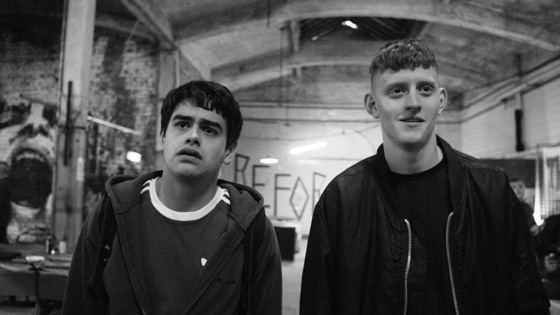
Scottish production Beats, directed by Brian Welsh, follows two teenagers on their way to an illegal rave in 1994.
A film that has a deep sense of nostalgia, Beats talks about one of the most troubled periods in British history of the last decades. Set in the industrial, gloomy landscape of ‘90s Scotland, the teenagers deal with more than drugs and repetitive beats.
From family problems to fighting the authorities, the film shows how the friendship between the two teenagers is faced with several ups and downs. By focusing on the development of their relationship and on the continuous struggle with the authorities, the director shows that rave for the 1990s young generation was more than music.
Most of the film is shot in black and white, emphasizing the sentimental and nostalgic message of the film and the hard times of the Scottish youth. Nonetheless, the director carefully chose to insert some coloured scenes that are in perfect ambient with the soundtrack and the mood of the characters.
Beats becomes through this contrast a vibrant story about youth, friendship and rave culture.